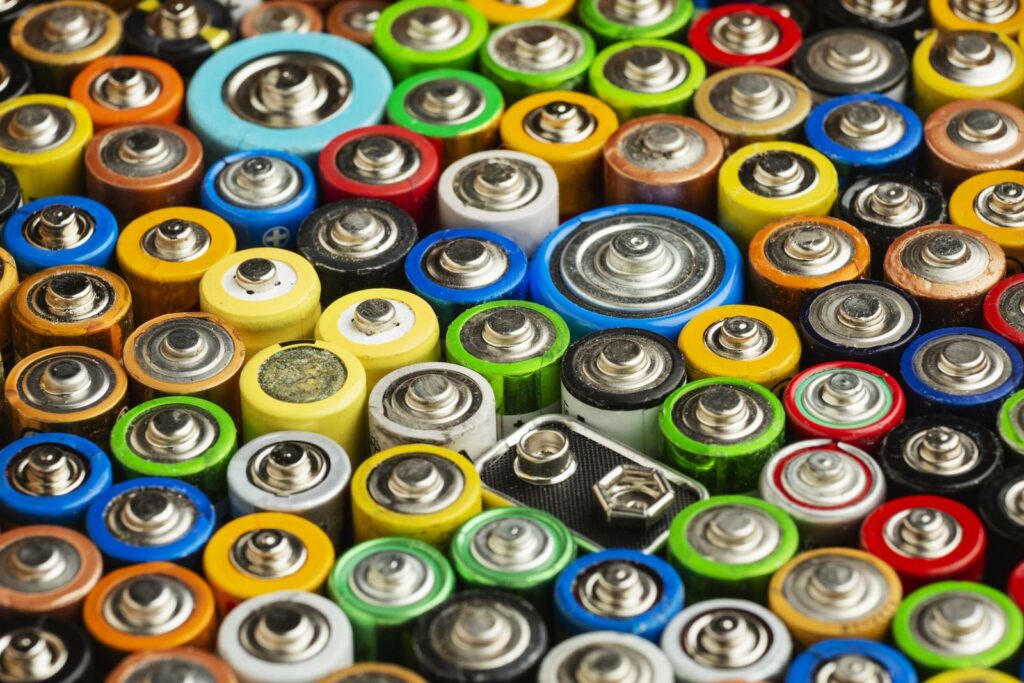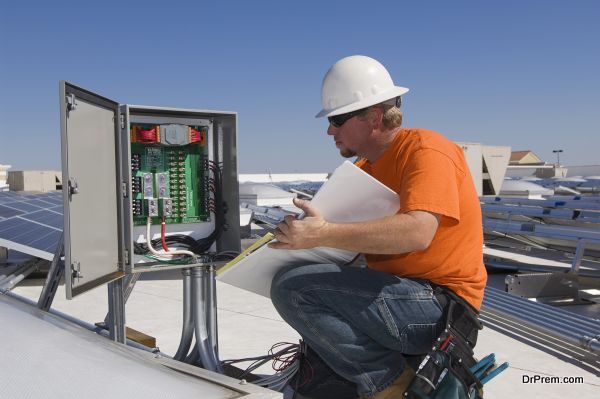E-waste is a rapidly growing problem that can be dangerous. Items that use batteries or electrical cords are e-waste. E-waste poses a risk for healthcare workers and patients because of mercury, lead, cadmium and other toxins. Improper disposal of e-waste can harm the environment. E-waste can clog up landfills.
1. E-waste is a rapidly growing problem that can be dangerous.
Electrical waste, also known as e-waste, is the discarded parts and equipment from electrical devices such as computers and mobile phones. The sheer volume of electronic waste generated worldwide has led to it being called one of the most significant environmental issues facing society today. E-waste poses serious risks to human health due to its toxic chemical composition, especially when burned or incinerated in municipal waste facilities.
2. Items that use batteries or electrical cords are e-waste.
- Batteries
- Cords
- Phones (cellular, cell phone chargers)
- Computers and laptops (power cords) * Televisions and video game consoles
3. E-waste poses a risk for healthcare workers and patients because of mercury, lead, cadmium and other toxins.
E-waste poses a risk for healthcare workers and patients because of mercury, lead, cadmium and other toxins. And there’s more to it than just the fact that these substances can be found in old electronics—they’re also dangerous if they leak from broken or damaged devices. For example:
- Mercury can cause brain damage; lead causes kidney damage; cadmium has been linked to lung cancer (and even death); and battery acids can cause skin irritation, leading to burns or blistering when sunlight exposes.
4. Improper disposal of e-waste can harm the environment.
These items often contain toxic chemicals like lead, mercury and cadmium that may leach into soil or water if thrown away improperly. In addition to these harmful effects on wildlife and humans, improper disposal also releases toxic chemicals into the air we breathe daily—the same air we all need for survival!
To prevent this from happening:
- Make sure you recycle your old electronics responsibly by taking them to an authorized recycler (eBay has partnered with some recycling programs) when possible;
- Take advantage of free services offered by some stores like where they will take back your old electronics instead of selling them off at auction;
- Only throw away batteries if empty because they still contain some energy even after being removed from their device (and therefore could explode if put into regular landfills).
5. E-waste can clog up landfills.
E-waste is a growing problem. It’s dangerous to workers and patients, pollutes the environment, and can clog up landfills. If you’re reading this article, you know e-waste contains toxic substances that pose a risk to people and animals in their surroundings. So how do we deal with this?
It’s important to remember that our society has created an infrastructure around electrical products—and not just talking about cell phones or computers here; I’m talking about televisions! Most people don’t realize how much energy goes into making these things work (and even more energy goes into disposing of them). If there were no purpose for creating such devices in the first place—if no one needed them at all—you wouldn’t see so many old ones sitting around gathering dust on shelves everywhere today because they wouldn’t sell anymore due to obsolescence issues which cause us all kinds of problems down future roadways.
6. Recycling your e-waste is an important part of protecting yourself and the environment.
Recycling your e-waste is an important part of protecting yourself and the environment and is also part of the Weee directive. It also helps reduce the amount of toxic chemicals in landfills, which can cause serious health problems for people near these sites.
Electronic waste recycling programs help recycle old computers, televisions and other devices that are no longer useful or want to be reused by someone else. These recycling programs usually come with free pickup or drop-off at a location near you where they will pick up your unwanted electronics and then donate them to someone who needs them (or sell them).
You may not think your e-waste is dangerous, but it can be if you properly dispose of it! That’s why you need a professional to dispose of in the safest way possible.




